 Hello my name is Mairead.
Hello my name is Mairead.
I am responsible for leading the programme work currently referred to as transforming care which aims to reduce the number of people of all ages with learning disabilities, learning disabilities and autism or autism alone coming into hospital. I always wanted to work with people with learning disabilities and autistic people, since going to university and I have done that since qualifying as a Social Worker. I have worked in the voluntary sector, local authority and now the NHS and the West Yorkshire Health and Care Partnership. My aim has always been to do what I can to ensure people have the same opportunities to live a fulfilled life as others in our society.
Something I am proud of achieving in my career is starting a dating and friendship agency for people with learning disabilities. It is called ‘Luv2meetU’. This started in Leeds in 2006 and is now established across the country.
Prior to moving into the field of learning disabilities, I worked with people with drug and alcohol issues. Many of these people were also homeless and living on the streets. This work was a steep learning curve for me but one I really enjoyed. I certainly learnt a lot from the people I met then and how quickly lives can change.
Outside of work, my love is writing and playing music. I am a singer and musician, playing mainly piano and guitar. I was brought up on Irish traditional music which I continue to play but I have expanded my musical preferences to blues and a little bit of jazz.
The health inequalities faced by people with learning disabilities in the UK start early in life and stem from barriers to accessing appropriate and effective health care and are, to an extent, avoidable.
The Learning Disability Mortality Review (LeDeR) programme has highlighted that people with a learning disability still die much younger than the rest of the population (on average 20 years) and are three times more likely to die from causes that could have been avoided. Learning disability is not, of itself, the reason for this inequality - instead it is a result of services not meeting people’s needs. For people with a learning disability it can be difficult to stay well and get help when it is needed.
One of our Partnership’s big ambitions is to reduce the gap in life expectancy for autistic and other neurodiverse people, people with learning disabilities and people with mental health conditions by 10% by 2024. To give you an idea of the scale of this challenge, achieving our ambition will make life better for more than 200 000 people living in West Yorkshire.
There are several key strands to our transformation work and all of them are exciting. Our teams at place and in our organisations are collaborating to share their resources, their ideas and their successes. These are captured locally as well as on the web pages of our Learning Disabilities Challenge under the headings of Start Well, Live Well and Age Well. I would encourage everyone to have a look at these pages and use the resources, as well as bringing your own ideas forward to our team.
So far, our work is yielding good results – for example, West Yorkshire teams completed more than 30% of annual health checks (AHCs) in the period April to August 2022 - the highest percentage in the NHS North East and Yorkshire region. AHCs are an important part of our Learning Disabilities Challenge work and help to make sure that people are seen regularly by their GP to spot early signs of health problems and act on them so that people get the right care at the right time to keep them as well as possible.
In addition to the Learning Disabilities Challenge, we are working with our partner Touchstone on our all-age neurodiversity (autism and ADHD) deep dive across West Yorkshire. The term neurodiversity refers to the way that everyone’s brains naturally work differently from one another. Around one in seven people are neurodivergent, which means they behave, think, process, and interpret information in ways that differ to most other people. Co-production work to find out what matters to people with lived experience, their carers and the professionals who support them is underway and is already yielding valuable insights that we will share widely.
The Partnership is also addressing the wider determinants of health affecting people with learning disabilities, with or without autism, through developing employment opportunities and future planning for good quality housing.
We would like everyone reading this to have a look at our pages and share our resources – every little action like this helps make life better for people with learning disabilities and autism. You can contact me if you would like to know more maireado’donnell@nhs.net.


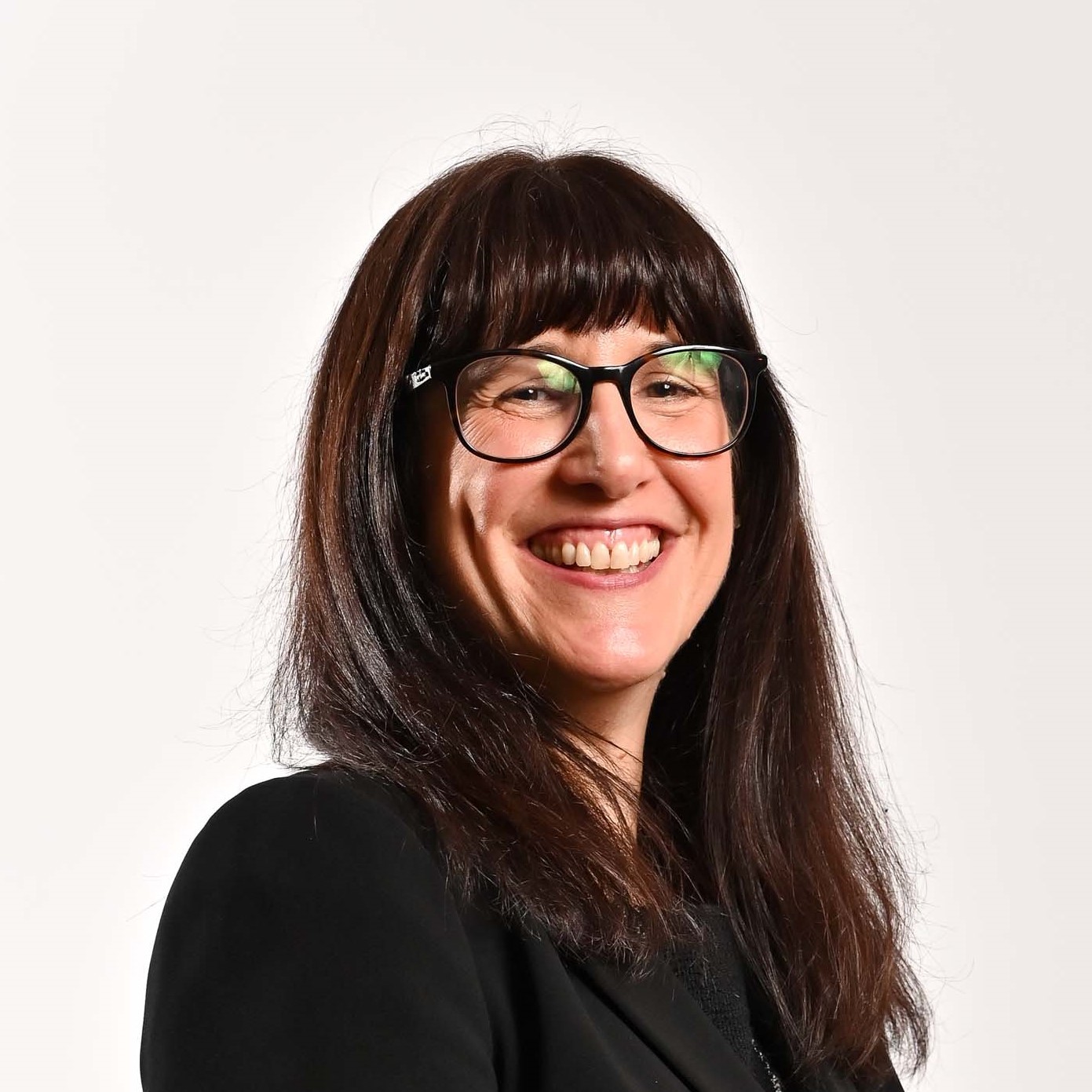 Hello, my name is Cathy.
Hello, my name is Cathy.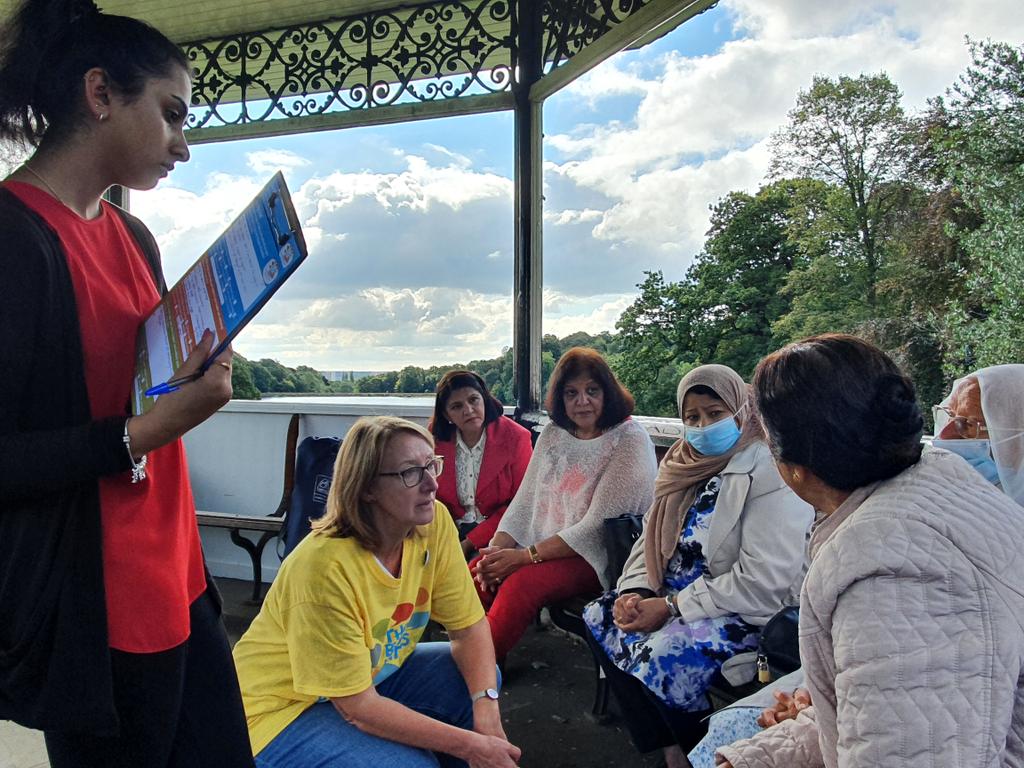 Over the coming weeks we will be asking people and communities to come forward and share their views on how health services should be delivered to them locally and across West Yorkshire. This links with our developing work with Healthwatch to establish a people panel (working title for now) across West Yorkshire and the refresh of our Partnership’s Integrated Care Strategy.
Over the coming weeks we will be asking people and communities to come forward and share their views on how health services should be delivered to them locally and across West Yorkshire. This links with our developing work with Healthwatch to establish a people panel (working title for now) across West Yorkshire and the refresh of our Partnership’s Integrated Care Strategy.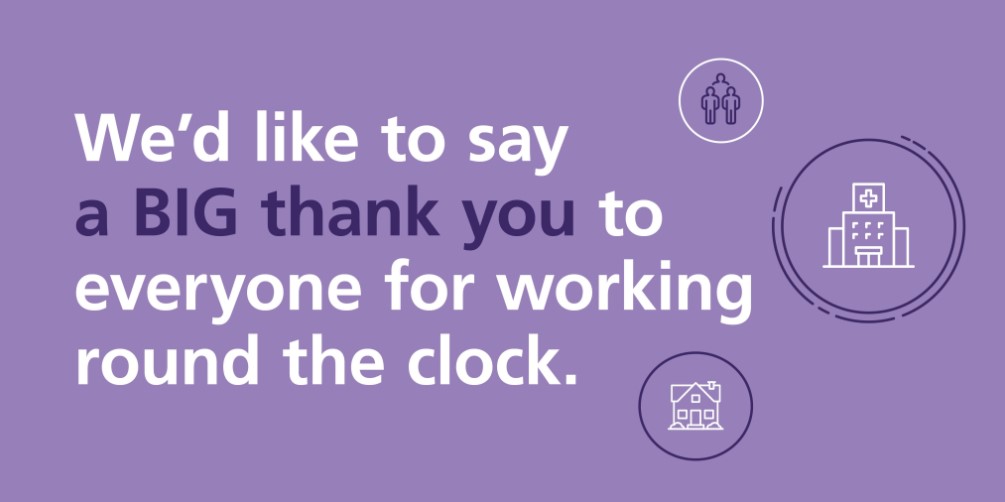 Thank you to all health and care staff across every sector
Thank you to all health and care staff across every sector Like other parts of the country, West Yorkshire
Like other parts of the country, West Yorkshire 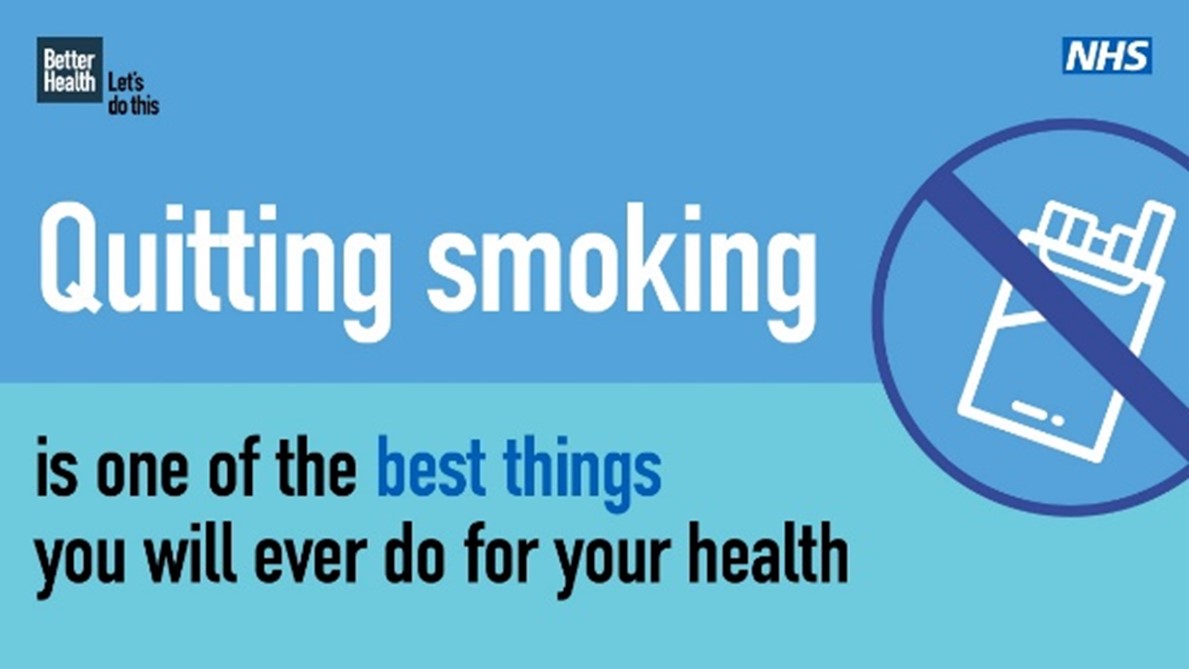 We are encouraging smokers to make a resolution worth keeping – quit smoking. There are around 5.4 million adults in England who still smoke, and it remains the leading preventable cause of premature death. Stopping smoking is one of the best things smokers can do for their health - and it's never too late to quit.
We are encouraging smokers to make a resolution worth keeping – quit smoking. There are around 5.4 million adults in England who still smoke, and it remains the leading preventable cause of premature death. Stopping smoking is one of the best things smokers can do for their health - and it's never too late to quit.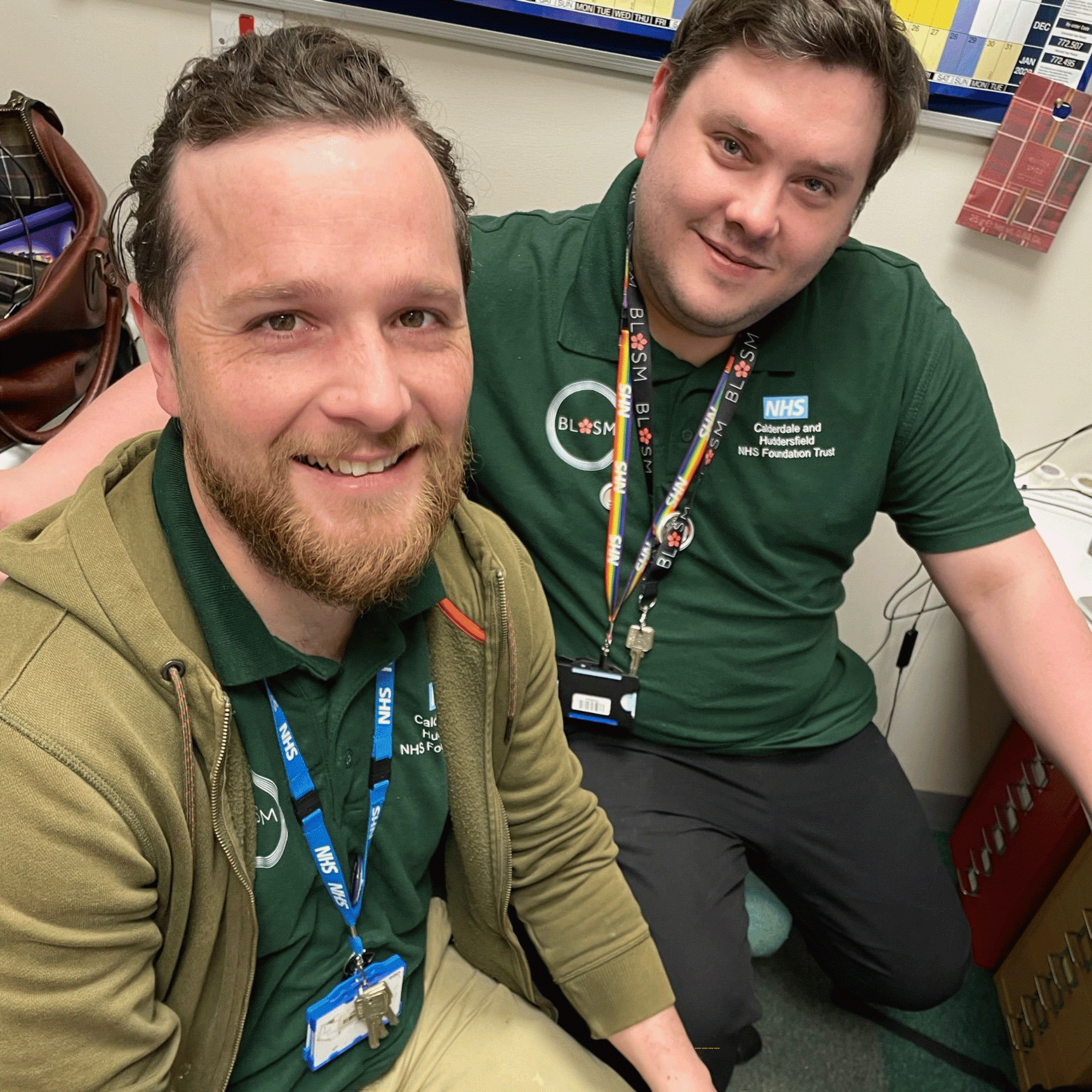 Calderdale and Huddersfield NHS Foundation Trust (CHFT) has introduced a new emergency department service called BLOSM, overseeing all non-clinical services within the emergency departments.
Calderdale and Huddersfield NHS Foundation Trust (CHFT) has introduced a new emergency department service called BLOSM, overseeing all non-clinical services within the emergency departments.